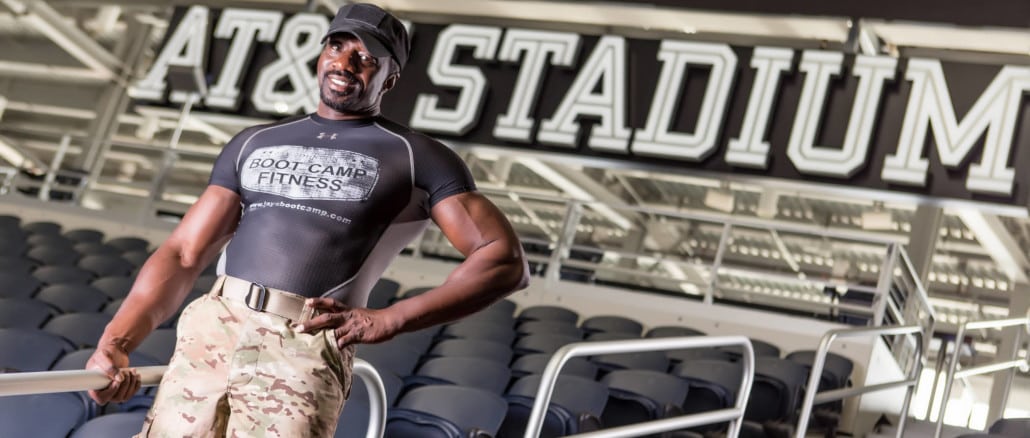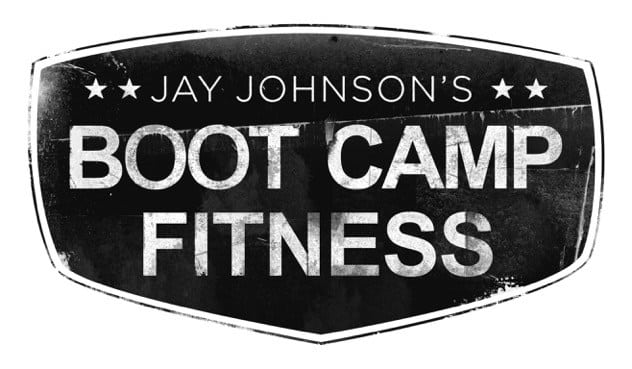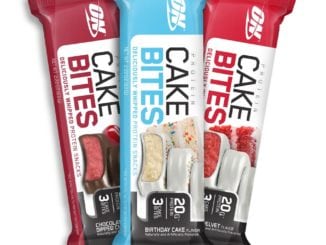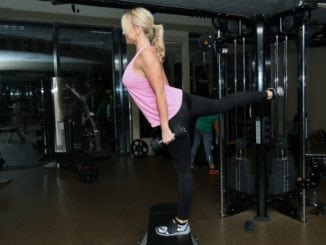

By Jay Johnson
One of the greatest arguments in fitness and nutrition that may never get settled is whether or not to do cardio on an empty stomach. “Fasted cardio” will allow you to burn more fat than if you eat beforehand, some folks believe. However, others believe it can decrease performance and limit fat loss.
So why skip breakfast before a workout anyway?
It’s a common practice for experienced athletes to immediately wake up, skip breakfast, and to jump to the gym thinking that this will burn more stored fat. Why is this such a common thought? Probably due to the thought that low glycogen levels cause the body to use fat instead of carbs for fuel to burn.
Some studies suggest that working out on an empty stomach means fat is burned to provide energy. On the downside to that, it may reduce workout time and intensity, causing muscle loss, and lowering your metabolism. Keep in mind that the majority of the “fuel” used during most exercise is not actually coming from the food you have just eaten. If you’re working out at a moderate to high intensity you’re using glycogen and fat that is stored in your muscles, liver, and fat cells.
On the flip side, it is important to listen to your body. I know some people who feel great exercising on an empty stomach, and others who need to eat breakfast or a decent meal before their workout. It honestly depends on YOU and YOUR body alone. There is truly no “right” or “wrong” answer here, but everyone will have their own opinions on the matter.
A report published this year concluded that your body burns roughly the same amount of fat regardless of whether you eat before a workout, but you’re likely to lose strength-building muscles by exercising on an empty stomach. Not only that, without food to fuel your workout, exercise intensity and overall calorie burn are reduced. Think of a car running without any gas in its tank-your body is the same exact way!
Some pros of working out on an empty stomach are:
Improved insulin sensitivity
Fasting increases the body’s growth hormones (according to some researchers)
And the cons to working out on an empty stomach:
Less energy: we need energy to workout and we get that energy from eating-you guessed it-FOOD!
Increased likelihood of injury due to clumsiness, falls, or fainting
Increased risk of losing muscle mass
Increased risk of slowing your metabolism
As you can see above, the cons of working out on an empty stomach definitely outweigh the pros!
While it does seem that doing low to medium intensity exercise on an empty stomach will increase fat oxidation, it will not increase the number of calories you are burning anymore than if you had just eaten a stack of donuts. Keep in mind, when it comes to losing body fat, the only thing that matters at the end of the day is if you burned more than you took in. You must burn more calories than consumed.




